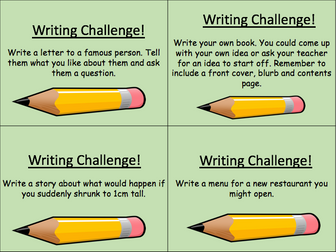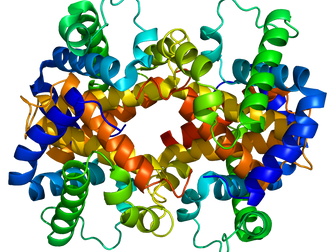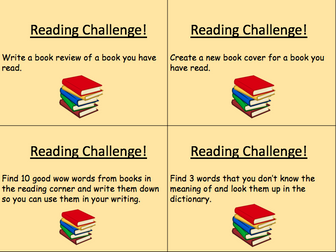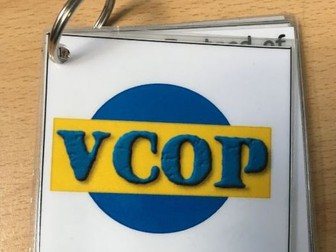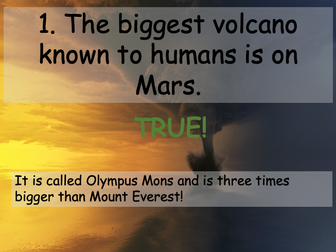Literacy Starters (48 different starters)
<p>Printable literacy starter sheets. Each slide contains 4 starters, designed to be a week’s worth. Contains 12 week’s worth in total (48 starters). Printing on A4 works as a good size for the sheets and saves paper.</p>
<p>Each week has a starter involving:</p>
<ol>
<li>Using a square of 9 letters to make the longest word they can.</li>
<li>Correcting a sentence containing spelling and grammar errors.</li>
<li>Parsing a sentence for verbs, adjectives and nouns.</li>
<li>Using a picture as a stimulus to come up with good wow words (the pictures to be used with this are at the back of the presentation).</li>
</ol>
<p>Has been used effectively with a P3 (Year 2) class but would also work with P4 (Year 3) or older classes if the expectations for the types of words being generated, and picking up on smaller errors etc. are raised.</p>

